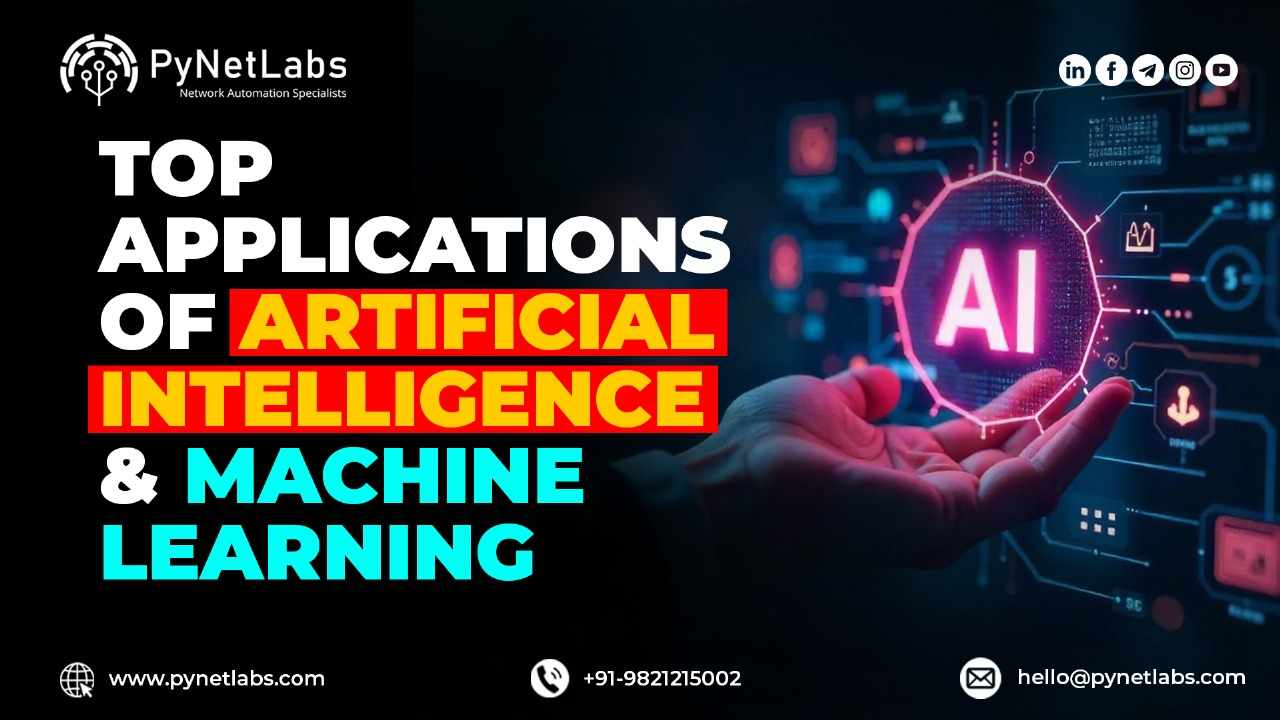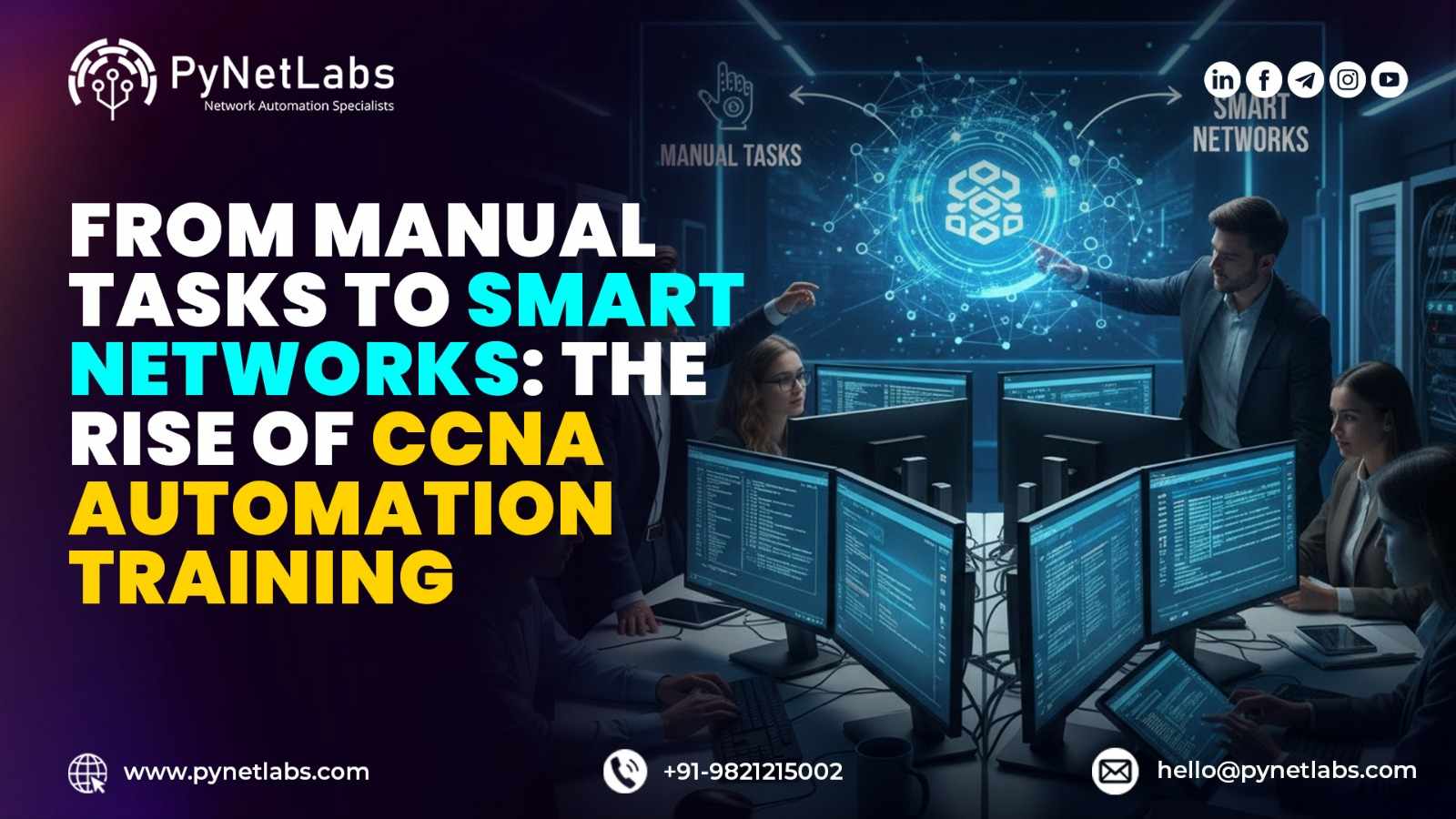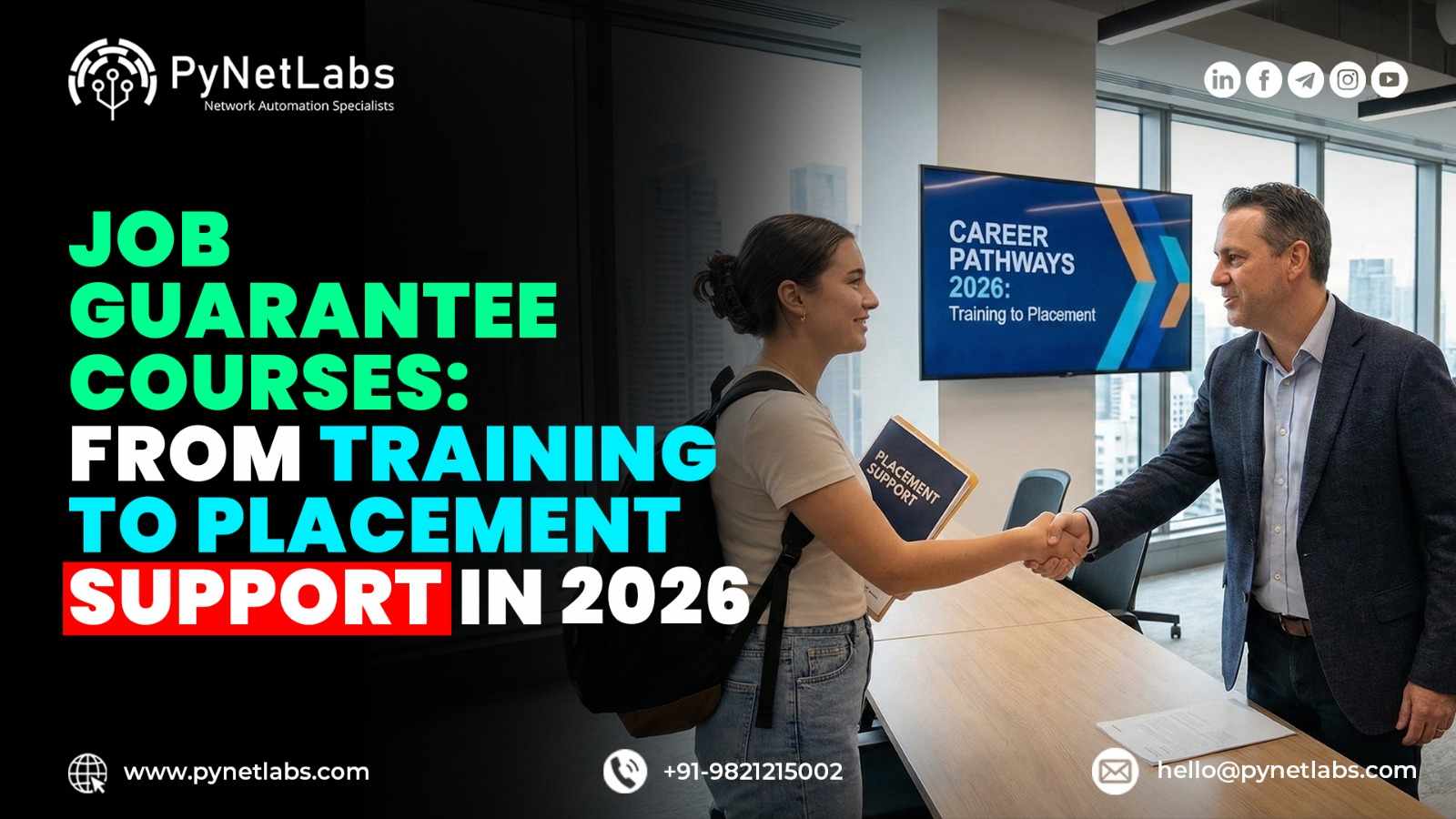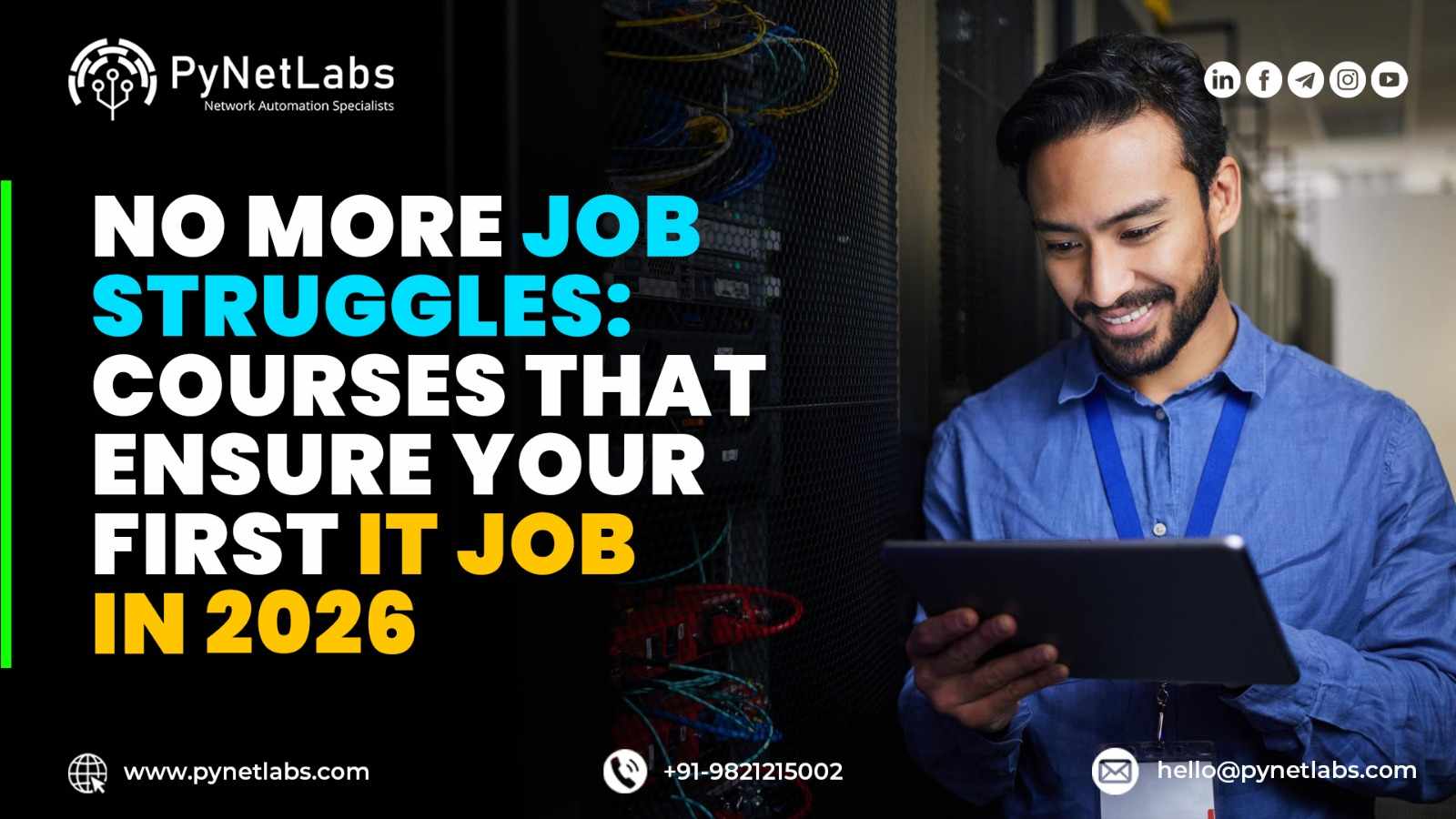
Introduction
In today’s fast-paced digital age, Artificial Intelligence (AI) and Machine Learning (ML) are not just buzzwords; they are the backbone of innovation across industries. From healthcare and finance to entertainment and logistics, these transformative technologies are redefining what’s possible. At PyNet Labs, we specialize in equipping professionals with cutting-edge machine learning and artificial intelligence courses designed to prepare them for this new frontier.
Let’s explore the most impactful, real-world applications of AI and ML that are shaping the future of business and society.
Healthcare Revolution: Diagnosing with Intelligence
One of the most game-changing applications of artificial intelligence is in the healthcare industry. AI algorithms now assist in diagnosing diseases faster and with higher accuracy than many traditional methods. Machine learning models are trained using millions of medical records, images, and genetic data to detect patterns that are invisible to the human eye.
Radiology and Imaging: AI-powered tools like Google’s DeepMind are outperforming radiologists in detecting breast cancer from mammograms.
Predictive Analytics: ML algorithms forecast disease outbreaks and patient deterioration, allowing proactive interventions.
Drug Discovery: AI significantly reduces the time and cost involved in discovering new drugs by simulating how molecules interact.
Finance and Banking: Smarter, Safer, and Faster
The financial sector has fully embraced AI and ML to boost efficiency and security.
Fraud Detection: Algorithms constantly learn from transaction patterns to spot and stop fraudulent behavior in real-time.
Credit Scoring: Traditional credit assessments are being replaced with ML models that assess financial trustworthiness based on a broader set of behaviors.
Algorithmic Trading: Financial firms use AI to analyze market trends and make high-frequency trades with minimal human input.
By taking machine learning and artificial intelligence courses at PyNet Labs, financial analysts can upskill to match the rapidly evolving demands of this industry.
Retail and E-commerce: Personalizing the Experience
Online shopping is no longer just about availability; it’s about relevance. AI and ML are redefining how consumers interact with retail platforms.
Recommendation Engines: Amazon, Netflix, and Spotify use ML algorithms to suggest products and content users are likely to love.
Customer Insights: By analyzing purchase history, click behavior, and demographic data, companies can tailor marketing strategies with pinpoint accuracy.
Chatbots: AI-driven bots handle customer queries 24/7, improving user experience and reducing human resource costs.
With consumer data growing exponentially, understanding artificial intelligence is now critical for anyone working in digital marketing or e-commerce.
Transportation and Logistics: The Era of Autonomous Systems
Self-driving cars may be the poster child of AI in transportation, but the impact goes far deeper.
Autonomous Vehicles: Companies like Tesla and Waymo are using deep learning models to enable cars to navigate traffic, recognize pedestrians, and make split-second decisions.
Route Optimization: ML models forecast traffic and weather conditions to find the most efficient delivery routes.
Predictive Maintenance: AI predicts vehicle breakdowns before they occur, reducing downtime and costs.
At PyNet Labs, our courses guide learners through the core technologies that power these intelligent transportation systems.
Manufacturing and Industry 4.0: Smarter Production Lines
Artificial intelligence is central to the concept of Industry 4.0—factories driven by real-time data and automation.
Quality Control: AI systems analyze video footage in production lines to detect product defects in real time.
Demand Forecasting: Machine learning helps companies anticipate demand fluctuations and adjust production accordingly.
Robotics: Intelligent robots powered by AI are taking on tasks that are repetitive, dangerous, or require extreme precision.
Understanding these systems isn’t just for engineers. Business leaders, planners, and analysts are enrolling in machine learning and artificial intelligence courses to stay ahead.
Education: AI Tutors and Adaptive Learning
AI is transforming classrooms into adaptive learning environments tailored to each student’s pace and style.
Smart Content: AI curates custom study materials based on curriculum and learning patterns.
Virtual Tutors: Platforms like Squirrel AI and Content Technologies Inc. provide AI-driven tutoring solutions.
Performance Prediction: ML models forecast student performance, enabling early interventions for struggling learners.
This personalized approach makes education more inclusive and effective, and opens up new opportunities for EdTech professionals.
Entertainment and Media: Creating and Curating Content
Whether it’s streaming services, music platforms, or news outlets, machine learning and artificial intelligence are making content creation and distribution more intelligent.
Content Recommendation: Platforms like YouTube use ML algorithms to keep users engaged by recommending relevant videos.
AI-Generated Art and Music: AI tools like Jukebox (by OpenAI) and DALL·E can compose music and generate images from text.
Automated Journalism: Some news agencies use AI to write data-heavy reports such as financial summaries and sports recaps.
Media professionals who understand how these systems work can better leverage them for storytelling, branding, and engagement.
Cybersecurity: Battling Threats in Real Time
The battle against cyber threats is being fought—and often won—by AI.
Threat Detection: AI scans networks for anomalies, detecting threats like malware or phishing before damage is done.
Behavioral Analytics: ML observes user behavior to identify suspicious activities such as unusual login times or data access patterns.
Automated Response: Some systems now take immediate action (like locking out a user) when a threat is detected.
With cybercrime becoming increasingly sophisticated, professionals trained in artificial intelligence are in high demand.
Agriculture: Farming Gets a Digital Brain
Yes, even traditional industries like agriculture are benefiting massively from AI and ML.
Precision Farming: Drones and sensors collect data on soil, weather, and crop health, which ML models use to optimize yields.
Pest Detection: Image recognition algorithms identify pests or diseases early, reducing crop losses.
Automated Equipment: AI-driven machinery handles planting, irrigation, and harvesting more efficiently than ever before.
These innovations are vital for feeding a growing global population sustainably.
Human Resources and Talent Management
AI is changing how companies find, recruit, and retain talent.
Resume Screening: ML-powered ATS (Applicant Tracking Systems) screen resumes for job fit faster and more accurately.
Employee Retention: Predictive models identify which employees are at risk of leaving and why.
Training and Upskilling: AI suggests personalized learning paths for employees based on performance data.
At PyNet Labs, we prepare HR professionals to utilize these tools effectively through specialized machine learning and artificial intelligence courses.
Conclusion
The impact of artificial intelligence and machine learning is already monumental—and we’re only scratching the surface. From automation and personalization to real-time analytics and beyond, these technologies are reshaping every facet of our lives.
At PyNet Labs, we believe in empowering individuals and businesses to stay ahead of the curve. Our comprehensive machine learning and artificial intelligence courses are tailored to provide not only theoretical knowledge but also hands-on, practical experience. Whether you are a developer, analyst, business leader, or enthusiast, it’s time to embrace the AI-driven future.















Write a comment ...